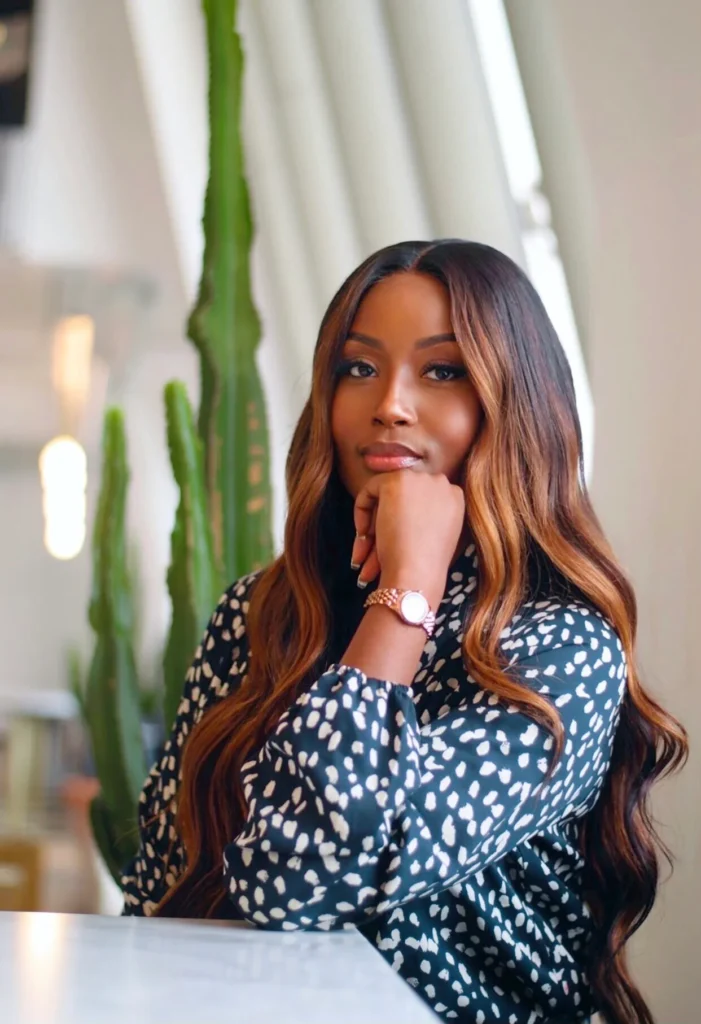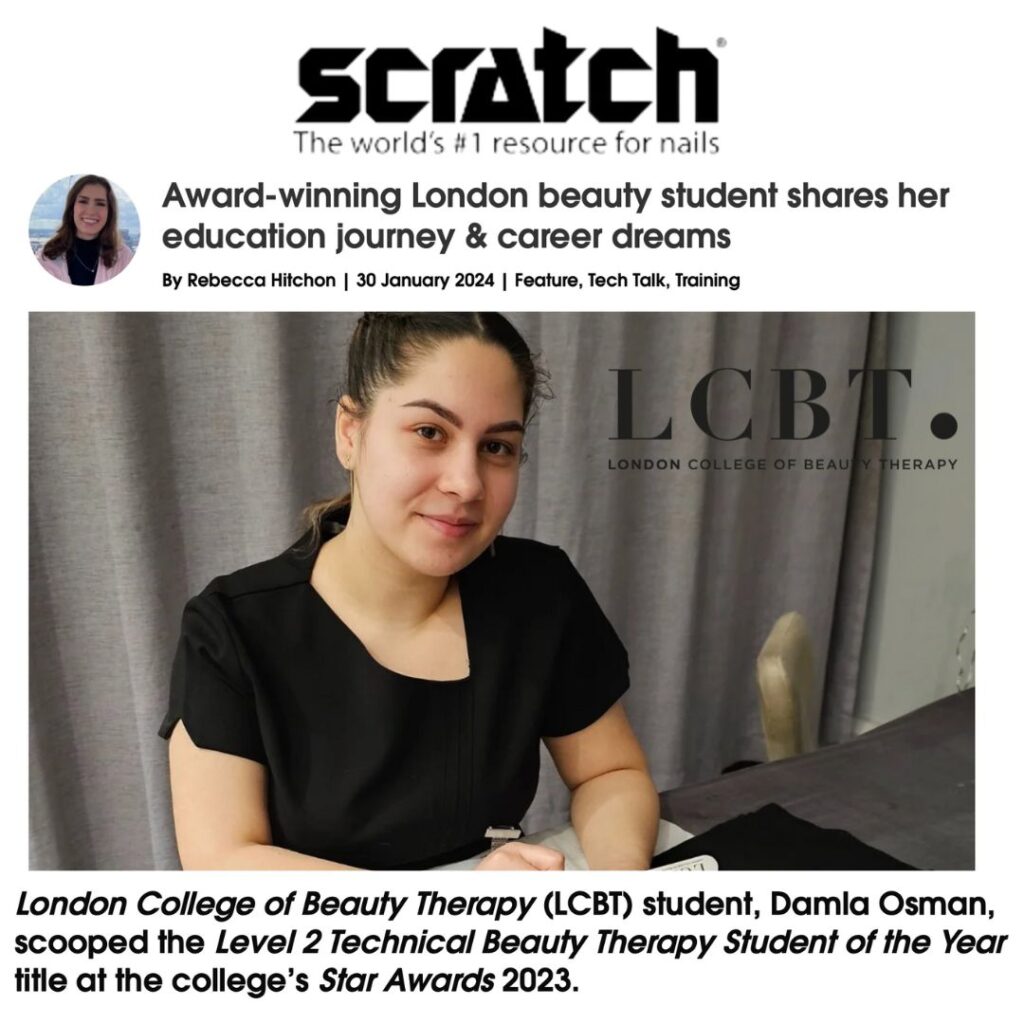LCBT – College Update
Inclusivity in the Beauty Industry
CEW and EY recently hosted a thought-provoking panel discussion ‘Inclusive Beauty: Embracing Diversity in the Beauty Industry’, which focused on the diversity issues found within the beauty industry including race, gender and age.
Facilitated by Christianne Cavaliere de Moncayo, CEO of the London College of Beauty Therapy, the panel comprised of five influential speakers:
- Nafisa Bakkar, Co-Founder of Amaliah.com
- Connie Jackson, Managing Director of JAX Global Consulting Ltd
- Ateh Jewel, Beauty Journalist & Co-Founder of Couture Communications
- Monica Rastogi, Corporate Cultural Relevancy & Regional Innovation for Estée Lauder Companies
- Jada Sezer, Model, Mental Health & Self Esteem Advocate
The panel discussed how far the beauty industry has come in terms of diversity by showing how magazine covers today aren’t just focused on the usual stereotypes, but now feature cover models of any gender, colour or age – a positive step in the right direction.
While it was noted that fashion magazines are becoming more inclusive in terms of who they feature, Christianne Cavaliere de Moncayo emphasised there is still work to be done to ensure wider inclusivity within the industry. She said, ‘While there have been some incredible shifts in the industry over the last year with brands including male ambassadors for make-up, campaigns celebrating transgender, and a more inclusive approach which celebrates diversity and is reflective of modern Britain, there is still more that can be done to move the needle further and improve inclusivity within the beauty industry as a whole.’
During the discussion, panel members highlighted the challenges and diversity issues they have had to overcome. Ateh Jewel shared her account of being 22 years old with a 2:1 history degree from Bristol. When finishing her final interview, she was asked whether her education made her ‘feel more white’. Ateh replied, ‘I don’t think education has a colour. You’re either educated or you’re not.’
Expanding on the theme of diversity within the media, Nafisa Bakkar reflected on how Muslim women feel the need to represent themselves on social media. She said, “If we can’t see ourselves on the front cover of Vogue, then we will represent ourselves”. Nafisa spoke from personal experience as she described how efforts to include Muslim women within the beauty industry can often feel like a token gesture where instead of feeling included they feel ‘otherised’.
Connie Jackson said, “There is so much to celebrate – brands are finally investing in broader shade ranges and undertones – but more fundamentally, social media and the influencers who have exploited it are dissolving the old beauty architecture – no longer will a very elite group of people determine who is beautiful and who is not.”
Overall, the panel members agreed that diversity isn’t about ‘a certain look’ – it’s about a mind-set. Those in positions of power within the beauty industry must continue to work together to promote change and ensure that positive strides continue to be made.
Julie Carlyle, Partner and Head of Retail Leader, EY said: “I am delighted to have hosted the latest CEW event discussing the importance of embracing diversity in the beauty industry. Focusing on creating parity in the workplace for all of EY’s people, we see first-hand how diverse teams (with a mix of different perspectives and skills) working in an inclusive environment can drive a better business performance. Well done CEW for a great evening addressing such an important issue.”


